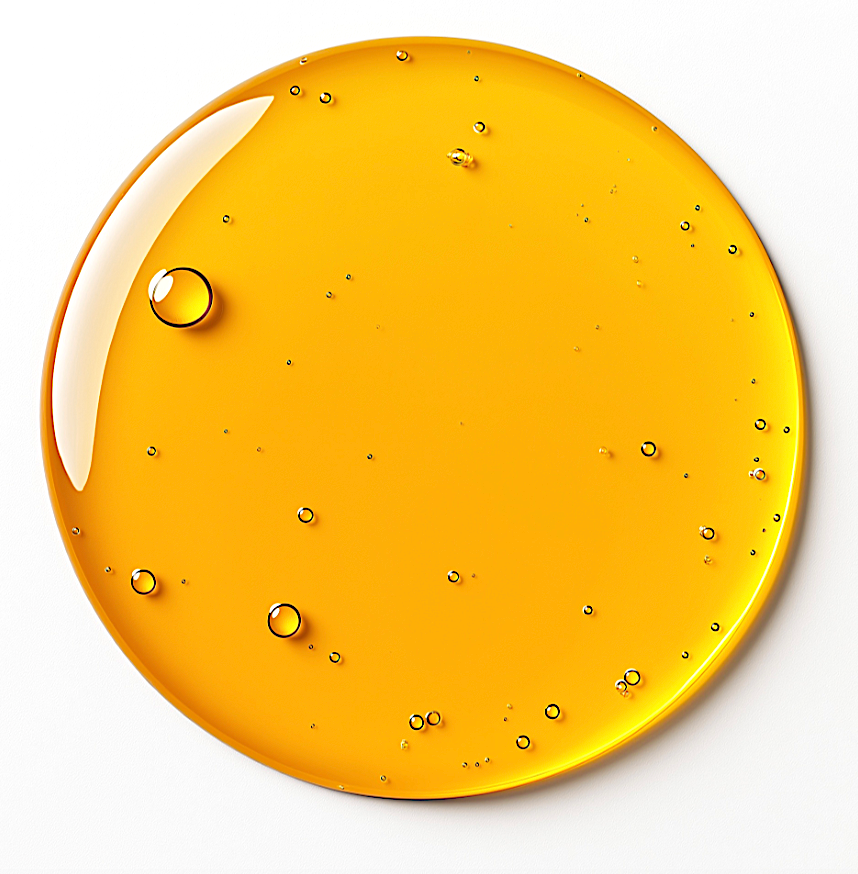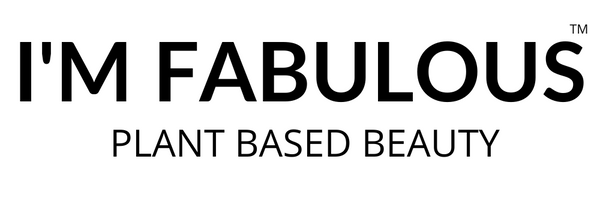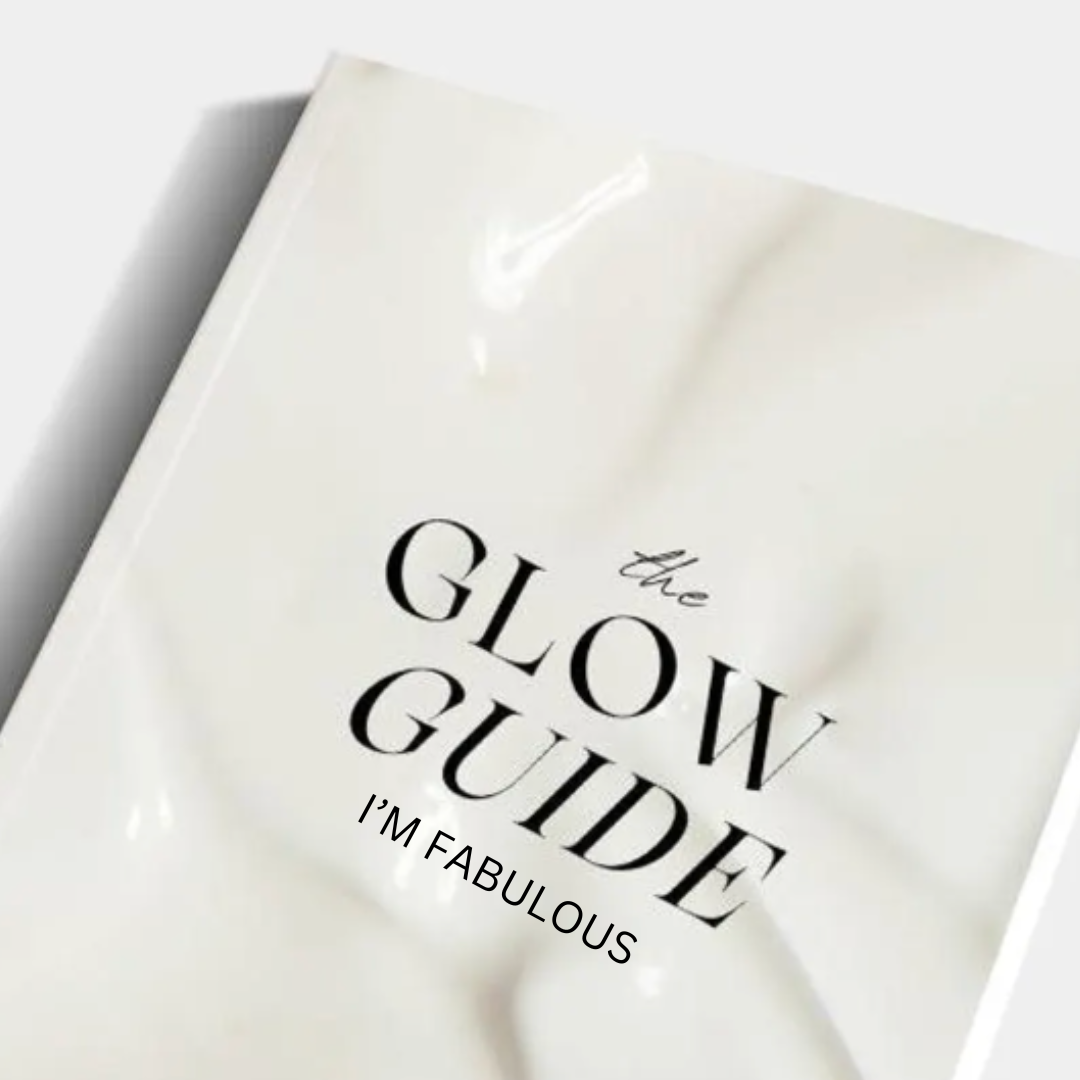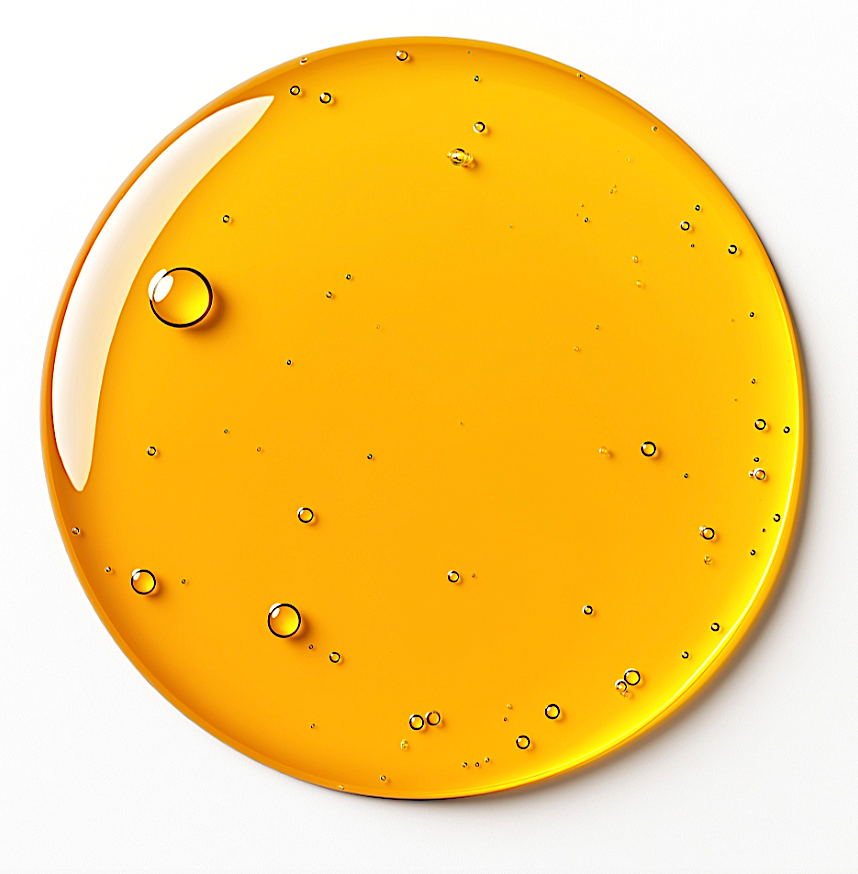
What Is the Difference Between Retinol and Plant Retinol, and Which One Is Best for Your Skin?
Share
Introduction
Retinol has long been the gold standard in skincare for anti-aging, brightening, and improving skin texture. However, plant-based alternatives, often called "plant retinol," have gained popularity as gentler and more natural options. But how do they compare, and which one is right for your skin? This comprehensive guide will break down the key differences, benefits, potential side effects, and how to choose the best one for your skin type.
What Is Retinol?
Retinol is a type of retinoid, which is a derivative of vitamin A. It is widely used in dermatology and skincare for its powerful ability to boost collagen production, increase cell turnover, and reduce the appearance of fine lines, wrinkles, and hyperpigmentation.
How Retinol Works
Retinol penetrates the skin and is converted into retinoic acid, the active form of vitamin A. This process helps accelerate skin cell renewal and stimulate collagen synthesis, leading to smoother, firmer skin over time.
Benefits of Retinol
🌱 Reduces fine lines and wrinkles 🌱 Improves skin texture and tone 🌱 Fades dark spots and hyperpigmentation 🌱 Controls acne and reduces breakouts 🌱 Stimulates collagen production for firmer skin
Potential Side Effects of Retinol
While effective, retinol can also cause irritation, especially for sensitive skin. Common side effects include: 🌱 Redness and peeling 🌱 Dryness and flakiness 🌱 Increased sensitivity to sunlight 🌱 Initial purging (breakouts as the skin adjusts)
To mitigate these effects, dermatologists recommend starting with a low concentration and gradually increasing usage.

What Is Plant Retinol?
Plant-based retinol alternatives, also known as bio-retinols, are derived from natural plant sources. Unlike synthetic retinol, they do not convert into retinoic acid but mimic its effects through different mechanisms.
Common Plant-Based Retinol Alternatives
1. Bakuchiol
Bakuchiol, extracted from the Babchi plant, is one of the most well-known plant retinol alternatives. It provides similar anti-aging benefits as retinol without the harsh side effects.
2. Rosehip Oil
Rich in natural vitamin A, rosehip oil helps improve skin texture, reduce wrinkles, and boost collagen production while deeply hydrating the skin.
3. Carrot Seed Oil
Carrot seed oil contains beta-carotene, a precursor to vitamin A, which helps brighten and rejuvenate the skin.
4. Sea Buckthorn Oil
Packed with antioxidants, sea buckthorn oil supports skin regeneration and improves elasticity.
How Plant Retinol Works
Unlike traditional retinol, plant-based retinols work by providing antioxidant benefits, enhancing skin renewal, and stimulating collagen production without causing irritation or sun sensitivity.
Benefits of Plant Retinol
🌱 Gentle on sensitive skin 🌱 Hydrating and soothing 🌱 Provides antioxidant protection 🌱 Reduces signs of aging without irritation 🌱 Safe for pregnant and breastfeeding women (unlike traditional retinol).

Potential Drawbacks of Plant Retinol
🌱 Results may take longer to appear compared to synthetic retinol 🌱 Not as potent for severe acne or deep wrinkles 🌱 May require consistent use for noticeable improvements
Retinol vs. Plant Retinol: Key Differences
| Feature | Retinol | Plant Retinol |
|---|---|---|
| Source | Synthetic vitamin A | Natural plant extracts |
| Effectiveness | Faster, stronger results | Gentler, slower results |
| Skin Sensitivity | Can cause irritation | Generally well-tolerated |
| Sun Sensitivity | Increases sun sensitivity | No increased sun sensitivity |
| Pregnancy Safe? | Not recommended | Generally safe |
| Best For | Acne-prone, aging, and mature skin | Sensitive skin, natural skincare lovers |
How to Choose Between Retinol and Plant Retinol
1. For Aging and Wrinkles
🌱 If you want fast, noticeable results and can tolerate some irritation, retinol is the better choice. 🌱 If you have sensitive skin but still want to combat signs of aging, bakuchiol or rosehip oil can be excellent alternatives.
2. For Acne-Prone Skin
🌱 Retinol is highly effective in reducing acne and preventing breakouts. 🌱 If you have acne-prone skin that reacts negatively to retinol, bakuchiol may help as a gentler alternative.
3. For Sensitive Skin
🌱 Plant retinol alternatives like bakuchiol or sea buckthorn oil are ideal for those who experience redness and irritation with traditional retinol.
4. For Pregnancy or Breastfeeding
🌱 Retinol is not recommended during pregnancy due to potential risks. 🌱 Plant-based retinols, especially bakuchiol, are considered a safer alternative.
5. For Dry Skin
🌱 Retinol can be drying, so those with dry skin may prefer rosehip oil or sea buckthorn oil for their hydrating properties.
How to Incorporate Retinol or Plant Retinol into Your Routine
If Using Retinol:
1. Start with a low concentration (0.25% or 0.5%) and gradually increase.
2. Apply at night only to prevent sun sensitivity.
3. Use moisturizer and sunscreen daily to prevent irritation.
4. Avoid mixing with exfoliating acids like AHAs and BHAs on the same night.
If Using Plant Retinol:
1. Can be used morning and night due to lack of sun sensitivity.
2. Works well with other skincare ingredients like vitamin C and hyaluronic acid.
3. Apply a few drops directly to the skin or mix with moisturizer.
Conclusion: Which One Is Best for Your Skin?
Choosing between retinol and plant retinol depends on your skin type, sensitivity, and skincare goals. 🌱 If you want fast, potent anti-aging and acne benefits – go with traditional retinol. 🌱 If you have sensitive skin, prefer natural skincare, or are pregnant – opt for plant-based retinol alternatives like bakuchiol or rosehip oil.
Both options have their unique advantages, so the best choice ultimately depends on your personal skin needs and tolerance levels. Whether you go for the power of traditional retinol or the gentleness of plant-based alternatives, consistency is key for achieving glowing, youthful skin.
Recommended Products
🌱 Best Retinol Serums: Look for brands with stabilized retinol and hydrating ingredients. 🌱 Best Plant Retinol Serums: Bakuchiol-infused serums with antioxidant-rich botanicals.
By choosing the right product and following a consistent routine, you can enjoy the benefits of retinol—whether synthetic or plant-based—without unnecessary irritation. Happy skincare journey!
Click here to shop Plant-based retinol serum and retinol moisturizer



